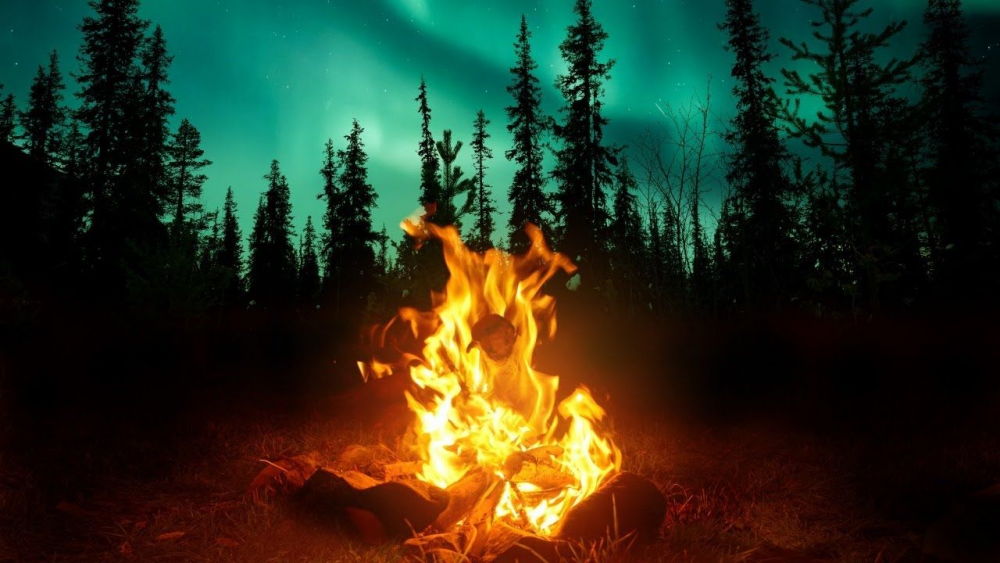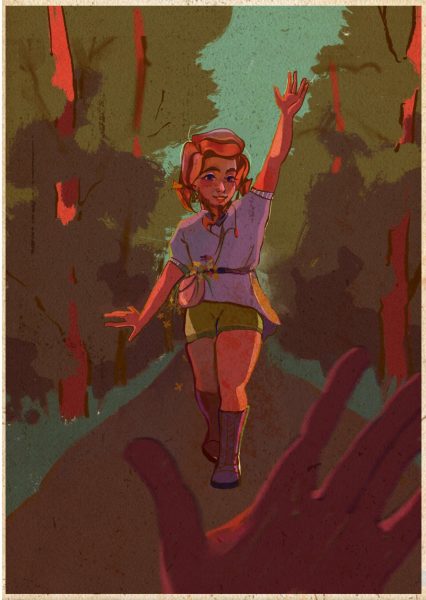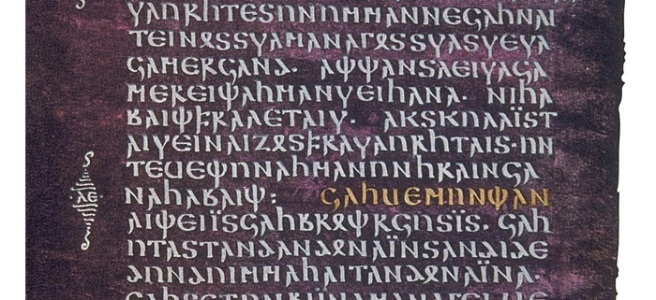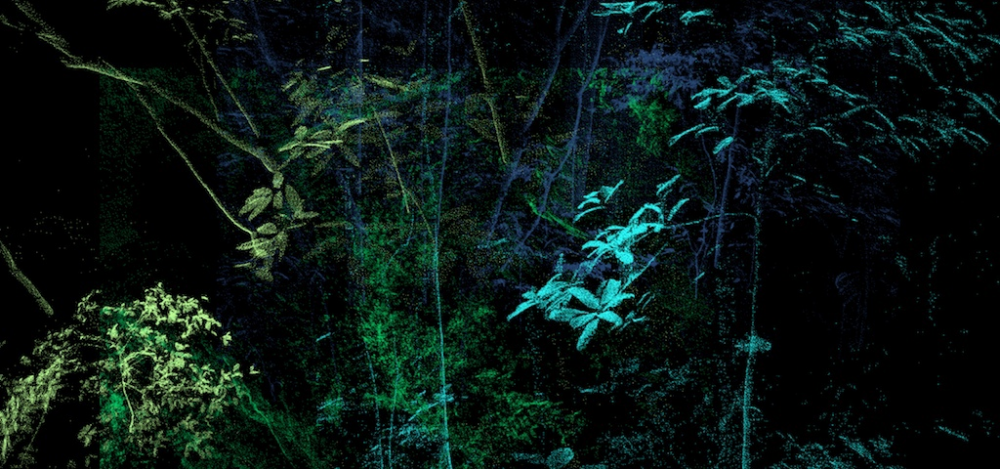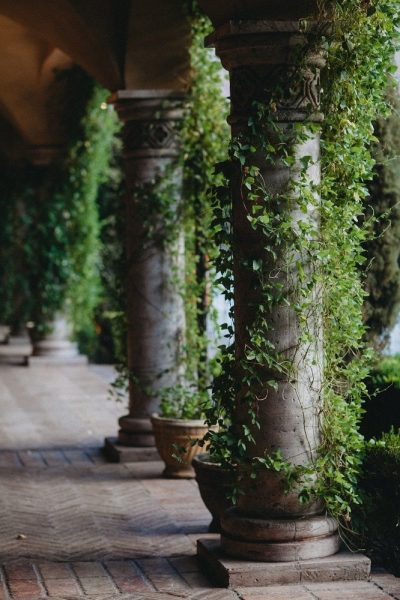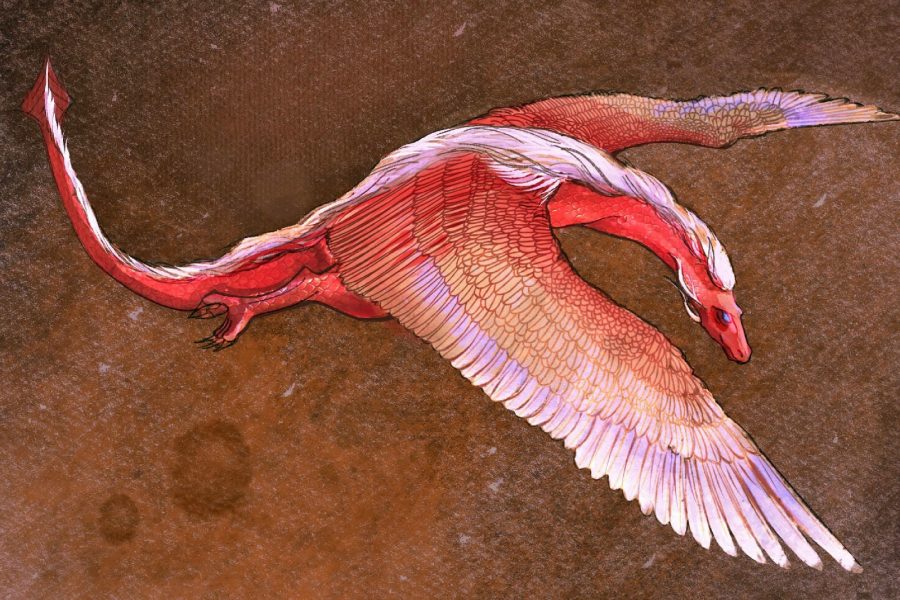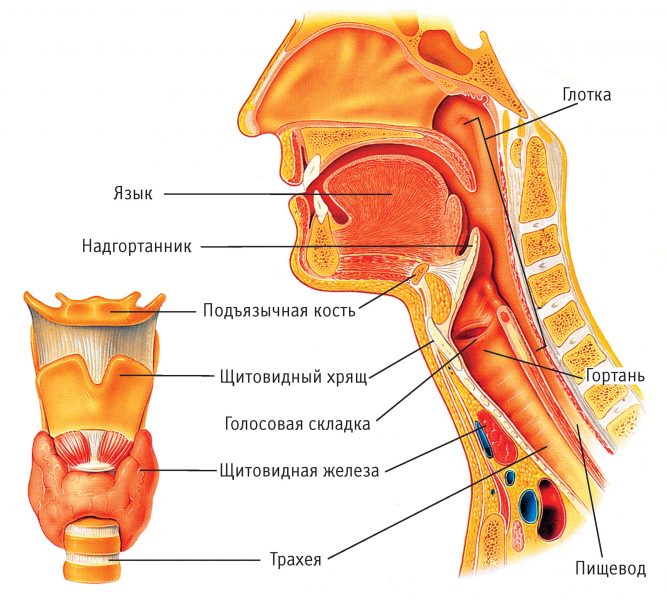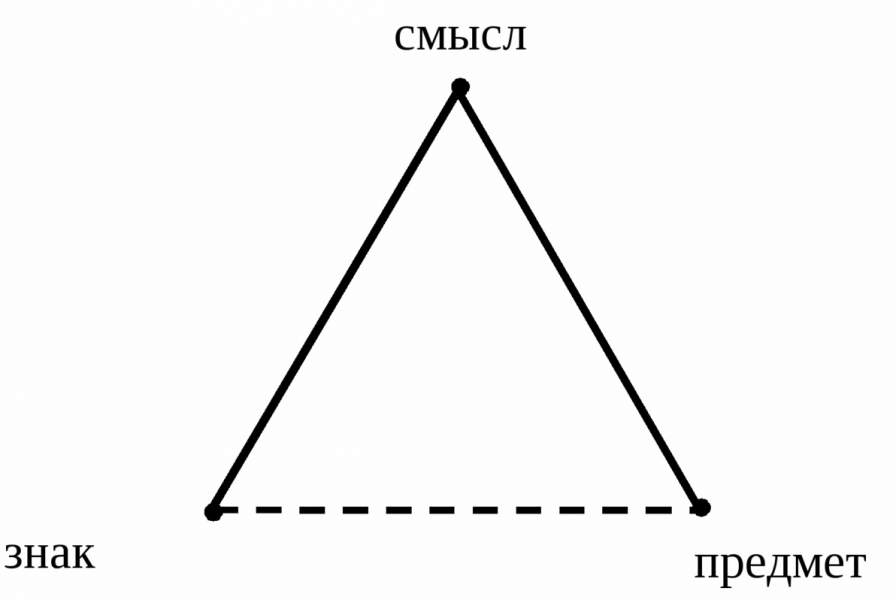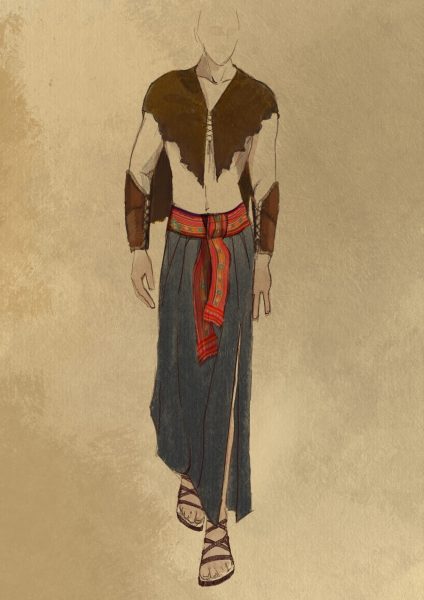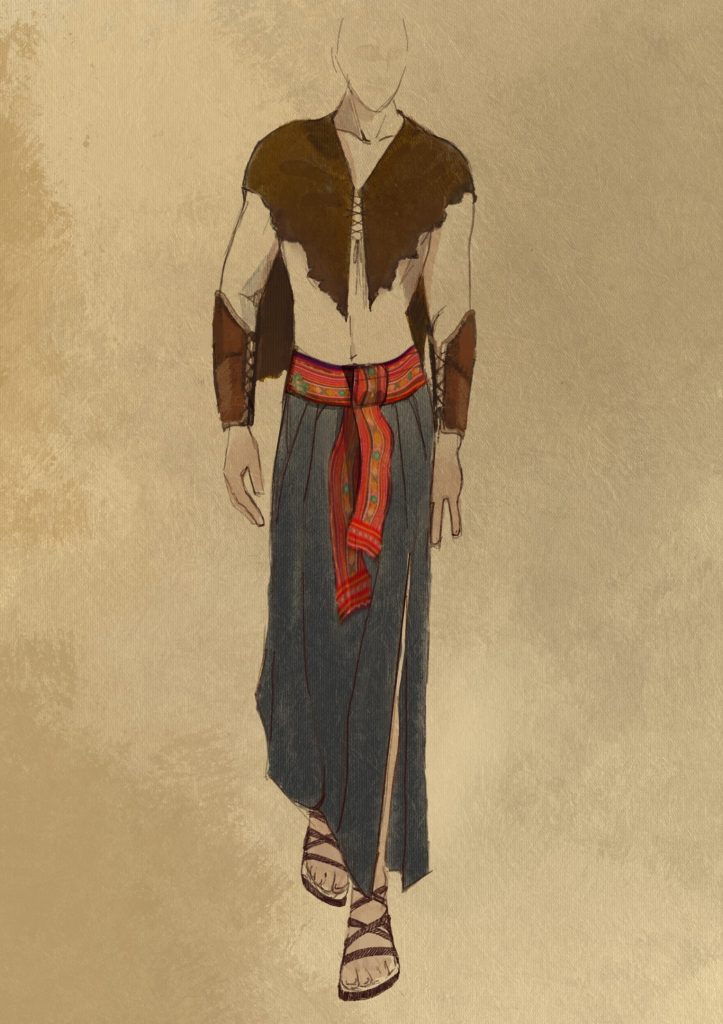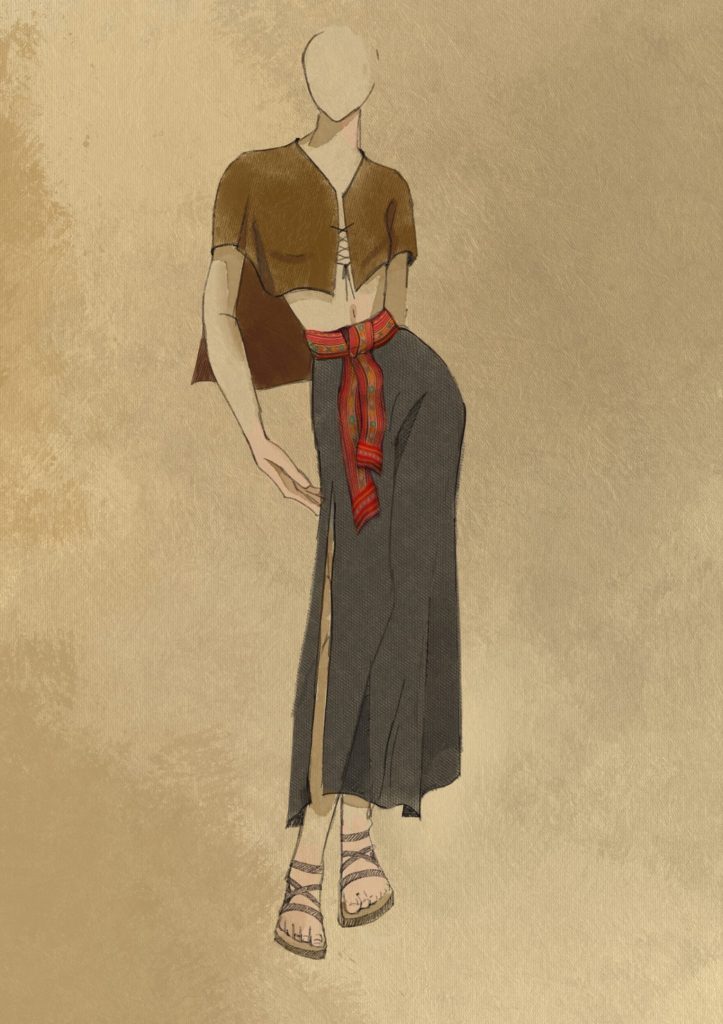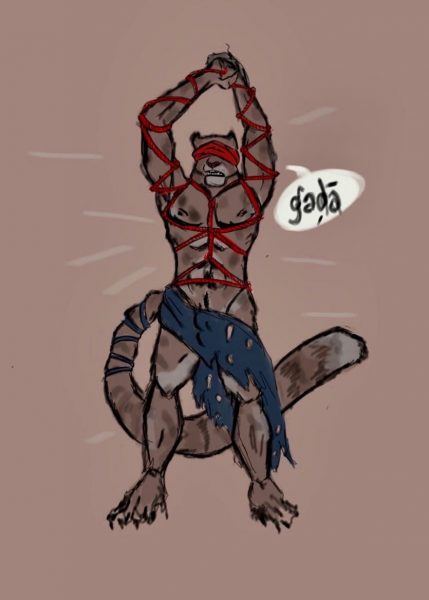A song about strange love.
Ħererbiştañ. Parking"
And we hit the road.
You followed us
And so amazing:
Tired, exhausted,
But they looked around
And caught the raindrops.
And one whose mane was
So shaggy, red and disheveled,
I kept stroking the leaves with my hands.
And its rough greenery,
Covered with smooth drops,
She flexed gently in response.
We would have walked all night, and then -
And a considerable part of the day,
But now one stumbled.
And then the second one.
And the third one almost fell,
Slipping on a smooth root.
• • • •
Parking in the middle of the night under a red moon;
A burning fire and billowing smoke;
The smell of freshly roasted meat.
We treated you, and you responded to us
(even though it was clear -
you have little left)
Offered a share
Big white circle.
“Gnsts,” said one light-maned one.
- Τυρός.”
“Cheese,” repeated the fair-haired man.
Hellenic word
We were familiar
But this one is something different.
Not yellow and hard
And white and soft.
Either air
Either grainy
And just a little more salt.
There wasn't much of him
But there was enough for everyone.
“Ἆρ' ἄρτον ἔχετε? - asked my friend,
Suddenly smiling at them,
“Do you have any bread?”
They nodded
We reached for the bags.
But the rain was heavy
And the fabric is so thin...
And all that we managed to see is
White mess
Gray mess
Black mess
And their dejected faces.
And suddenly I felt so good
And strangely funny, as if
This monstrous rain
Along with the bread I washed away
Everything, every single one, all limits.
Everything that separated us.
Then one of my comrades laughed,
After him - another, and then a third,
And I won’t hide it;
And people
At first they blinked in surprise,
And then smiles appeared on their faces.
Either timid, or embarrassed, but pure,
Like the bark of trees washed with moisture.
Parking in the middle of the night under the red moon -
And a sound, deep sleep,
which the stars wove
Its sad-sharp
Endless, unearthly beauty.

